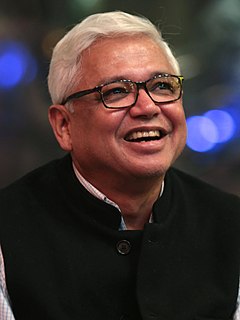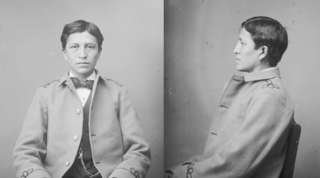A Quote by Thomas Carlyle
Related Quotes
One must not be afraid of a little silence. Some find silence awkward or oppressive. But a relaxed approach to dialogue will include the welcoming of some silence. It is often a devastating question to ask oneself, but it is sometimes important to ask it - 'In saying what I have in mind will I really improve on the silence?
Silence is difficult and arduous; it is not to be played with. It isn't something that you can experience by reading a book, or by listening to a talk, or by sitting together, or by retiring into a wood or a monastery. I am afraid none of these things will bring about this silence. This silence demands intense psychological work. You have to be burningly aware - aware of your speech, aware of your snobbishness, aware of your fears, your anxieties, your sense of guilt. And when you die to all that, then out of that dying comes the beauty of silence.
The tongue is a small member, but it does big things. A religious who does not keep silence will never attain holiness; that is, she will never become a saint. Let her not delude herself - unless it is the Spirit of God who is speaking through her, for then she must not keep silent. But, in order to hear the voice of God, one has to have silence in one's soul and to keep silence; not a gloomy silence but an interior silence; that is to say, recollection in God.
Conversation was never begun at once, nor in a hurried manner. No one was quick with a question, no matter how important, and no one was pressed for an answer. A pause giving time for thought was the truly courteous way of beginning and conducting a conversation. Silence was meaningful with the Lakota, and his granting a space of silence to the speech-maker and his own moment of silence before talking was done in the practice of true politeness and regard for the rule that, "thought comes before speech."








































